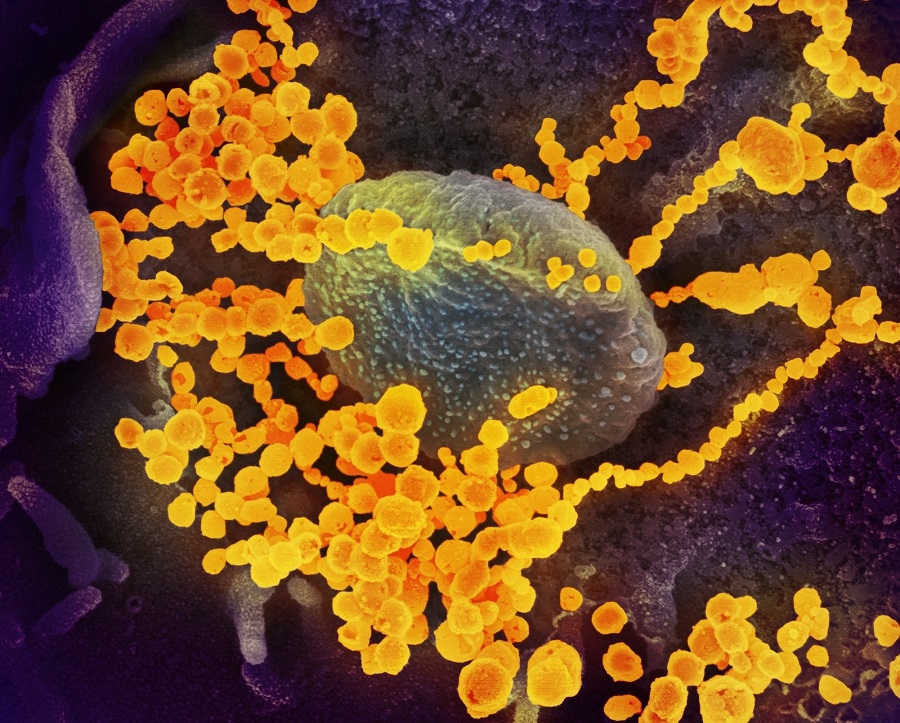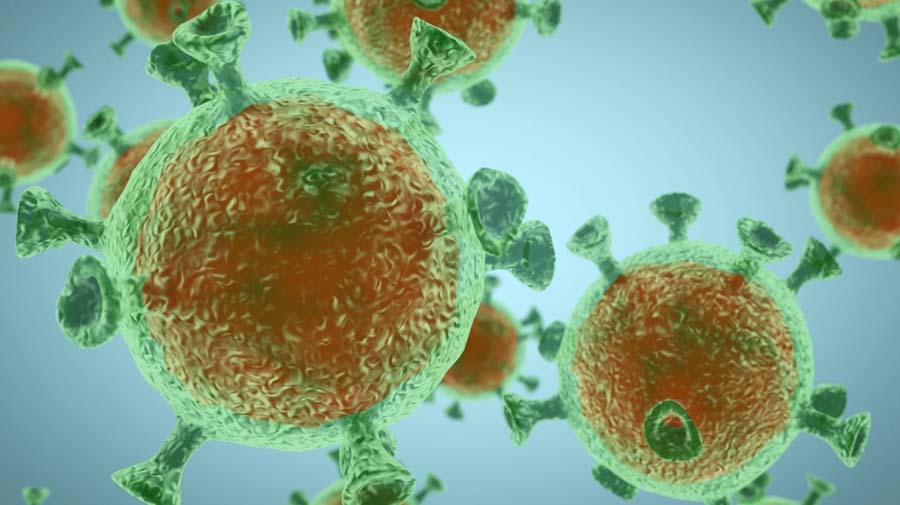Scientists Detect Covid-19 In Semen Of Recovering Patients
The scientific community is at work to uncover new details about Covid-19. And they’ve uncovered a shocking discovery recently.
On Friday (8 May), Chinese researchers detected the coronavirus in semen of recovering patients, reports South China Morning Post (SCMP).
While they have no definitive proof yet, some speculate that Covid-19 could also be transmitted sexually.
If you’re interested in this latest update, we’ve summarised the findings below.
Covid-19 found in semen of some infected men
The research was conducted by doctors from Shangqiu Municipal Hospital in China. Of the 38 men included in the study, 6 men (16%) were found to have Covid-19 in their semen.
The results are in contrast with an earlier study in Feb, comprising 12 patients in China, which revealed that the virus was not detected in their semen.
Since these studies have a very small sample size, more proof is needed.
While the studies had conflicting findings, researchers unanimously agree that they need follow-up studies to uncover information about virus shedding, concentration on semen, and survival time.
Not sexually transmitted even if detected
The coronavirus may be detected in semen but this does not prove that Covid-19 is sexually transmissible, shared Mr Allan Pacey, an andrology professor from UK’s Sheffield University.
He argued that the studies did not show whether the virus was still active.
The coronavirus may also have a long-term impact on male reproduction but this is not proven yet, according to Ms Sheena Lewis from Queen’s University Belfast.
In the past, some men with Ebola and Zika were found to have the virus in their semen too.
Only time will tell
Only time will tell the consequences of getting infected with the coronavirus.
We’ve seen reports that the coronavirus may cause succeeding illnesses and diseases, but more research is needed to verify these findings.
While there is still no word on a vaccine for Covid-19 yet, we trust that scientists are doing the best they can with new studies surfacing every now and then.
Featured image from News Medical.











